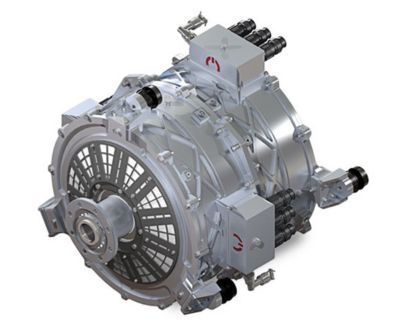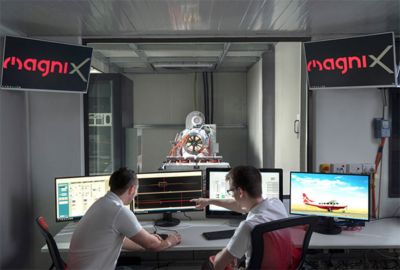-
-
Accédez au logiciel étudiant gratuit
Ansys donne les moyens à la prochaine génération d'ingénieurs
Les étudiants ont accès gratuitement à un logiciel de simulation de classe mondiale.
-
Connectez-vous avec Ansys maintenant !
Concevez votre avenir
Connectez-vous à Ansys pour découvrir comment la simulation peut alimenter votre prochaine percée.
Pays et régions
Espace client
Support
Communautés partenaires
Contacter le service commercial
Pour les États-Unis et le Canada
S'inscrire
Essais gratuits
Produits & Services
Apprendre
À propos d'Ansys
Back
Produits & Services
Back
Apprendre
Ansys donne les moyens à la prochaine génération d'ingénieurs
Les étudiants ont accès gratuitement à un logiciel de simulation de classe mondiale.
Back
À propos d'Ansys
Concevez votre avenir
Connectez-vous à Ansys pour découvrir comment la simulation peut alimenter votre prochaine percée.
Espace client
Support
Communautés partenaires
Contacter le service commercial
Pour les États-Unis et le Canada
S'inscrire
Essais gratuits
ANSYS BLOG
July 30, 2019
Multiphysics Simulations Help Engineers Design a Short Range All-Electric Aircraft Motor
One of the best ways engineers can redirect the carbon emissions produced by the aerospace and defense industry is to develop all-electric aircraft.
Traditional turbine, or piston, motors can consume about $400 in fuel during a 100-mile flight. The same flight with an electric airplane motor, working at 95% efficiency, can consume only $12 worth of electricity.
Once you also consider the reduction in greenhouse gas emissions, the transition to all-electric aircraft for short-haul flights is a no brainer.
All-electric aircraft are not suitable for all flights. The challenge is that current battery and engine technology is limited — forcing engineers to use traditional engines when designing long range aircraft. However, engineers from magniX recognized that the current technology is capable of managing short-haul flights. As a result, they have developed the magni500, which can carry 8 to 20-people.
When magniX engineers designed the magni500, they needed simulation software that could handle this inherent multiphysics problem. To address this challenge, the engineers selected Ansys pervasive simulation software.

The magniX magni500 electric airplane motor produces 560 kW, and 2m814 Nm of torque, at 1,900 rpm. It is designed for efficient short-haul flights.
Electric Aircraft Propulsion to Connect the World
Electric Aircraft Propulsion to Connect the World
Watch this video to see why magniX engineers selected ANSYS pervasive engineering simulation software
Engineers Design an All-Electric Aircraft Motor for Short-Haul Flights Using Multiphysics
To optimize and design of the all-electric magni500 motor, engineers used Ansys Mechanical, Ansys Fluent and Ansys Maxwell within multiphysics simulations.
First, Maxwell assessed the electromagnetic behavior of the motor design. Results from this assessment, such as electromagnetic losses and internal forces, were then passed to Mechanical and Fluent.
Mechanical simulations were used by engineers to design lightweight parts that could survive the forces, rotations and vibrations of the electric airplane motor.
Fluent, on the other hand, was used to assess how the motor performed thermally, given the air and coolant flow around it.
Using multiphysics simulation, magniX engineers were able to detect how a modification in the motor design could optimize the system structurally, thermally and electromagnetically. In fact, these simulations helped the engineers eliminate a gearbox from their environmentally friendly aircraft designs.
Learn more by viewing our Aerospace & Defense Webinar Series.

Engineers from magniX look over their electric propulsion testing results.
